6 Darkest Moments in The Chronicles of Narnia | Talking Beasts
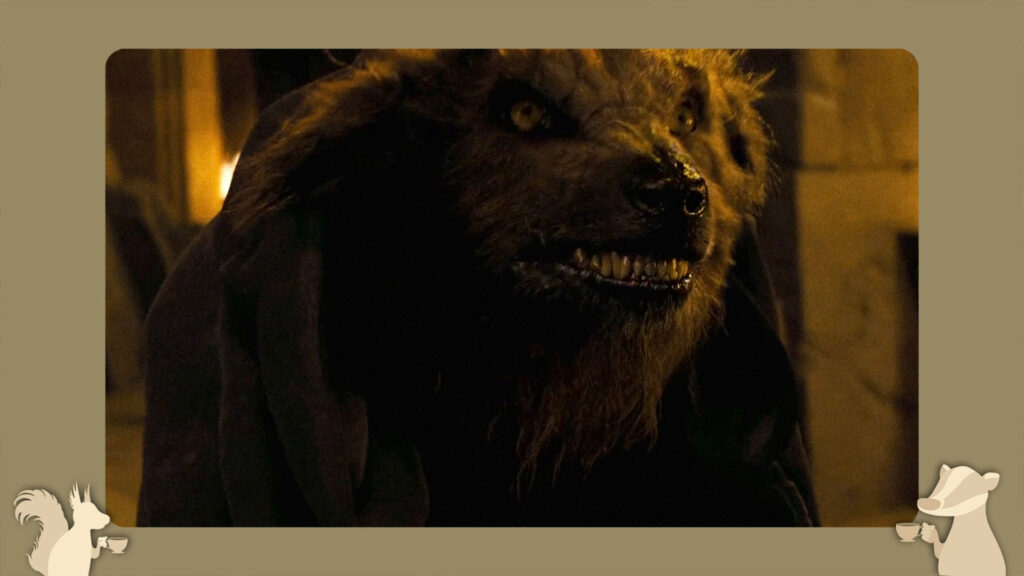
Podcast: Play in new window | Embed
We often describe certain stories as “dark,” but what does that word actually mean? In this season premiere of Talking Beasts: The Narnia Podcast, the podcasters share scenes in The Chronicles of Narnia they would describe as dark and try to narrow down their definition of that tricky word.
In Part 2 of this discussion, the podcasters discuss scenes that did not quite make their list.

How would you define “dark” in the context of storytelling? What is the “darkest” moment in the Narnia books? Post a comment below!

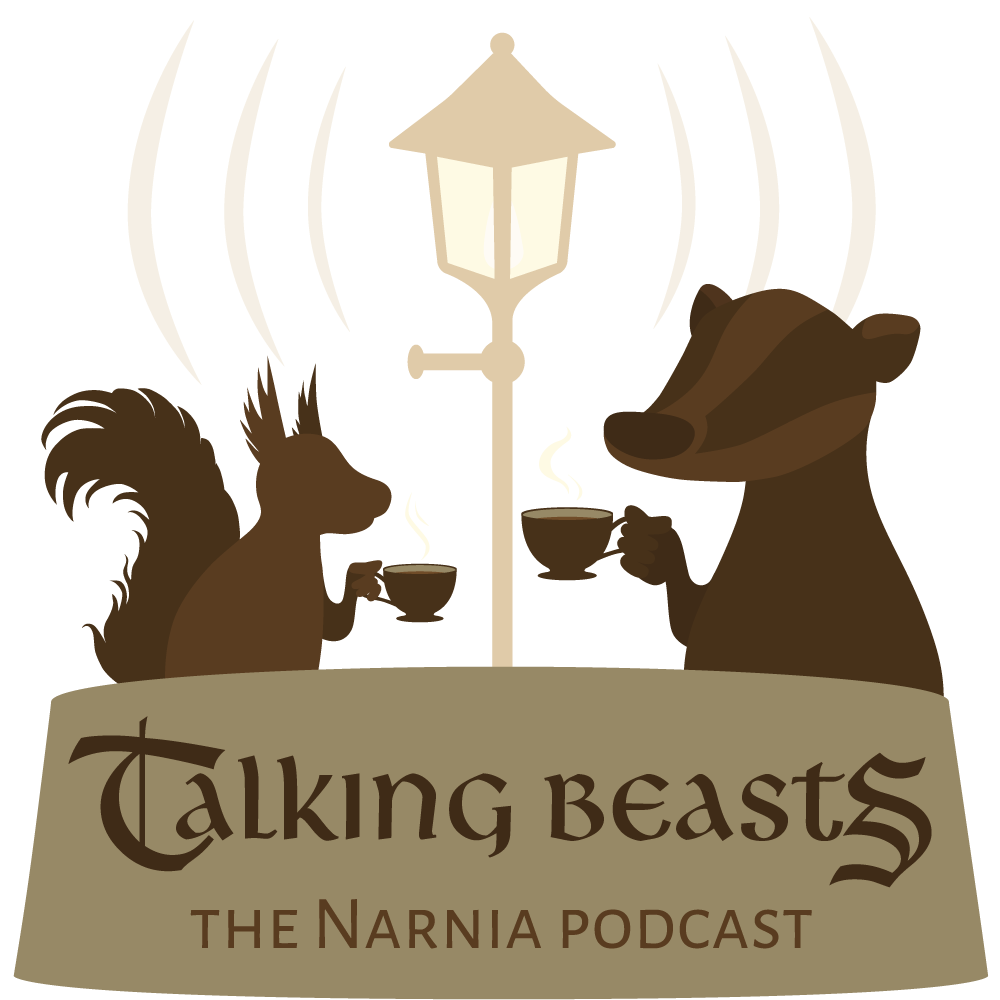
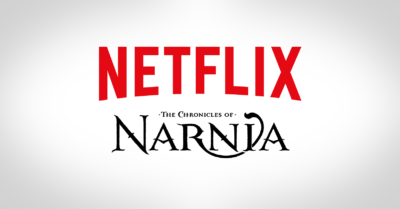
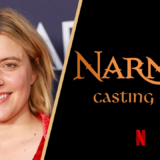
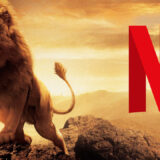

Fitting for the spirit of October with Halloween coming up. On my list-
6. Lasaraleen’s threat to her servants
5. Sorcery and Vengeance
4. The Hall of Images in Charn
3. Finding man on the menu of the giant cookbook
2. Tash coming into Narnia and in the stable
1. The Dark Island
There could also be the top monsters in Narnia, though I don’t think there are many.
The Dark Island is indeed the darkest thing in the Narnia books.
There are plenty of monsters in Narnia, but we don’t get much description of many of them… because if we did the grownups wouldn’t let us read them XD.
True. Though the sea serpent and Tash would certainly fall into the monster category. It would also depend on the definition of a monster. Maugrim/Ferris Ulf would certainly be a monster.
This was an interesting discussion. The word “dark” does seem to be in the eye of the beholder, so it doesn’t seem that useful of a term. When I think dark, I tend to think of something that either deals with violence or death (though a special, shocking kind of violence not action violence like fighting stormtroopers) or with despair.
My top three dark moments in Narnia are:
1. The Giant’s Cookbook: The giants violence towards and the eating of the innocent stag + Puddleglum’s near despair
2. The Sorcery and Sudden Vengeance: Nikabrik’s despair (he doesn’t think Aslan is coming to help them) + Violence that results in a former ally dead
3. Tirian murdering the Calormenes: The act of murder is made darker because it’s committed by a “good guy” + Jewel’s line: “We have lived too long”
As for how dark I want the movies to be… they need to strike a balance. It needs to be intentional. Dark moments for the sake of shock value, or especially to make the Narnia stories more “adult”, is very un-Narnian imo. At the same time, Lewis didn’t shy away from going dark when the story called for it, as the examples in this podcast attest.
This quote from “On Three Ways of Writing for Children” about Lewis talking about “scary” children’s stories is probably relevant:
“There is something ludicrous in the idea of
so educating a generation which is born to the Ogpu and the atomic
bomb. Since it is so likely that they will meet cruel enemies, let them
at least have heard of brave knights and heroic courage. Otherwise you
are making their destiny not brighter but darker. Nor do most of us
find that violence and bloodshed, in a story, produce any haunting
dread in the minds of children. As far as that goes, I side impenitently
with the human race against the modern reformer. Let there be wicked
kings and beheadings, battles and dungeons, giants and dragons, and
let villains be soundly killed at the end of the book. Nothing will
persuade me that this causes an ordinary child any kind or degree of
fear beyond what it wants, and needs, to feel. For, of course, it wants
to be a little frightened.”
Well, people who enjoy stories like The Raven or The Tale Tell Heart or The Legend of Sleepy Hollow or The Strange Case of Dr. Jekyll and Mr. Hyde might enjoy the darkest moments in Narnia.
If you read carefully no one turns in to a rose bush. The classroom is turned into a rose garden and the teacher and the fat girl students run away leaving the good little girl to join the old Narians. Now the man that is beating the boy with a sick does turn in to a tree and the bad boys may have turned into pigs. I like this scene in the book, it is very make Narnia great again.
I think the reason I’m not disturbed by the boys and the man being turned into pigs and a tree is that I never think about them as real people There are some characters whom I think of as real people, but those ones always struck me as unlikeable caricatures who exist to be satisfyingly punished and I take them as such. (I’ve also never found Charlie and the Chocolate Factory to be a dark book for similar reasons.) Rabadash feels more real to me, but he feels real in the sense that he’s a real horrible person, so I’m happy to see him humiliated. Also, I’ve never had a problem with fantasies about people being transformed like Movie Aristotle has. It’s so interesting how readers react differently to these kinds of stories.
Speaking of interesting, I think it’s interesting that Glumpuddle finds Rishda’s encounter with Tash both disturbing and grimly humorous, but Ginger’s encounter with him just disturbing. I would say, if anything, Ginger’s is closer to being funny and less disturbing. Since Rishda is a human, I feel like I’m more likely to sympathize with him. What happens to Ginger is horrifying to contemplate but since cats don’t talk in our world, from the readers’ perspective Ginger is actually becoming more “normal.” You kind of have to stop and imagine the Narnians’ perspective to really “get it.”
Incidentally, Glumpuddle, if you’re reading this, I think the reason people didn’t understand why you chose the moment with Tash and Rishda for one of your funniest moments is that you led with the dialogue, which isn’t particularly humorous. If you’d begun by just describing the situation, I think the listeners would have understood your perspective more.
I don’t think dark stories are automatically bad. I don’t think they’re automatically good either. Same with bright stories. So, I don’t think the goal of a new Narnia adaptation should be to make it darker than previous ones. But I’d be scared if their stated goal was to avoid being dark too. I just like to write what comes naturally without worrying whether it’s too dark or not dark enough. That seems to be what C. S. Lewis did.
Glumpuddle and Movie Aristotle seem to define dark as specifically disturbing. I think dark can encompass sadness or creepiness too. That’s why I’m not making a list. It’d be too hard for me. It’s clear that for the podcasters the idea of losing their identity is very haunted. I don’t think that’s what disturbs me most. I’d be more likely, if I were making a Most Disturbing Moments list, to list good characters doing terrible things.
That’s not to say I disliked this episode or that the scenes listed were bad choices. It/they were great! And I’d like to applaud Movie Aristotle for having backup moments in case Glumpuddle listed the same ones. I remember in the 70 Greatest Lines episode, Rilian and Glumpuddle’s lists overlapped a little bit, so it was actually 68 or so Great Lines. Totally false advertising. 😉
I definitely agree with you. Lewis’ quote goes well with something Andrew Peterson wrote to parents who had concerns with his books The Wingfeather Saga.
https://www.wingfeathersaga.com/a-note-to-parents
I think Rishda was in a for a rude awakening when Tash showed up right before him. He said the name Tash just randomly without believing in him. Almost like Governor Gumpas saying he was doing all things in the king’s name, then suddenly, King Caspian shows up right before him. I think that Governor Gumpas and Rishda Tarkaan should hang out (I don’t know if anyone would agree with me on that though).
I do actually sympathize for Rishda, even though he’s a cruel man. It’s mainly because we’re not told what happened to him after Peter banished Tash. Though I actually don’t want to think about it.
What I actually find to be both dark and humorous is where Shift tries to say the name “Aslan” at the midnight meeting, and Rishda tells him, “Tashlan”. It’s funny, like it’s a bit of poetic justice. Shift now looks like the smallest thing next to Rishda. Yet, it’s dark as well because it’s taken place at night by the stable, and it has a eerie feeling to it.
I am really interested in The Dark Island. It is the most sinister thing in the Narnia books. There are many monsters in Narnia, but we don’t get much information about many of them… Because if we did, the adults would not allow us to read them.